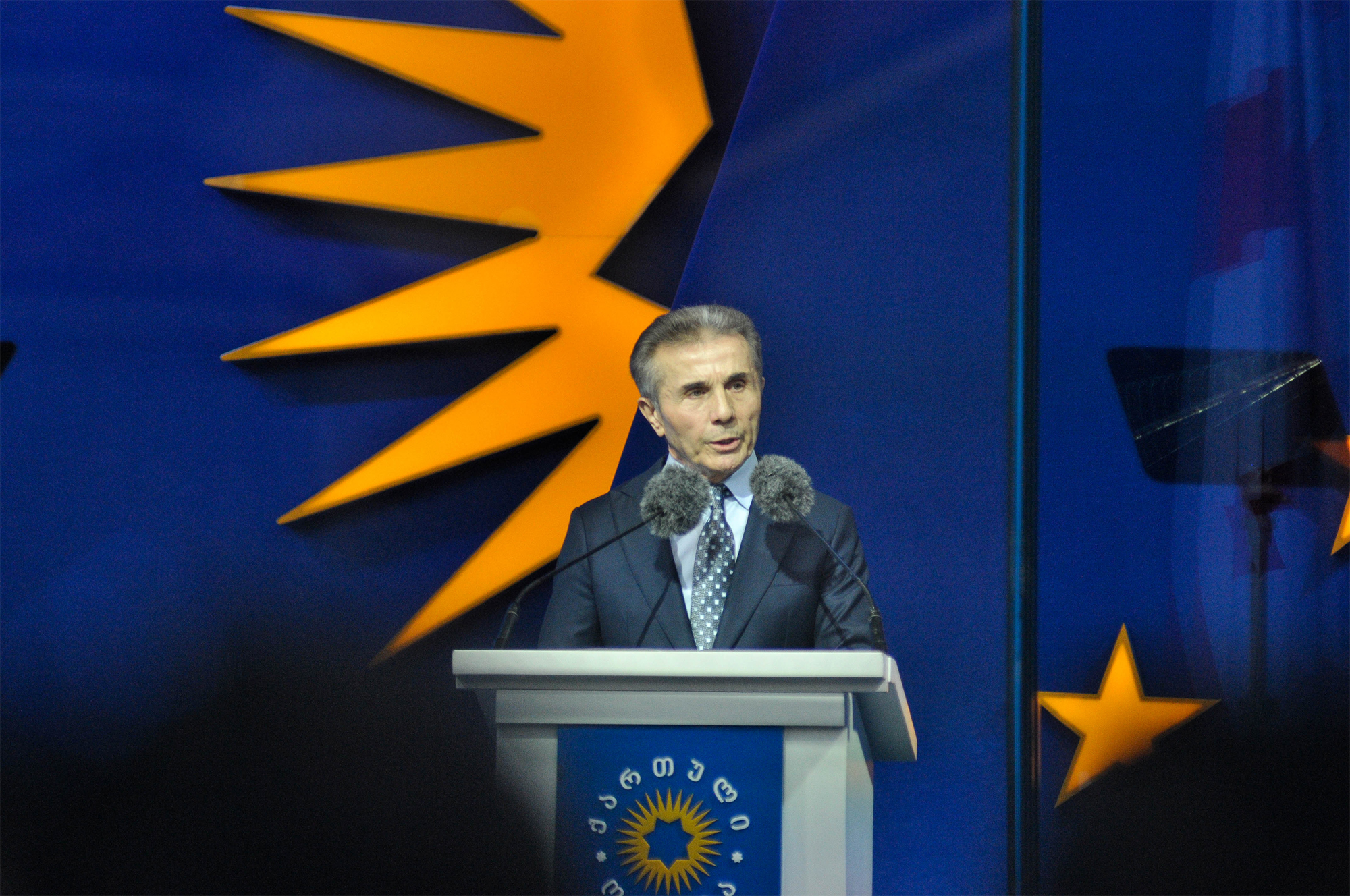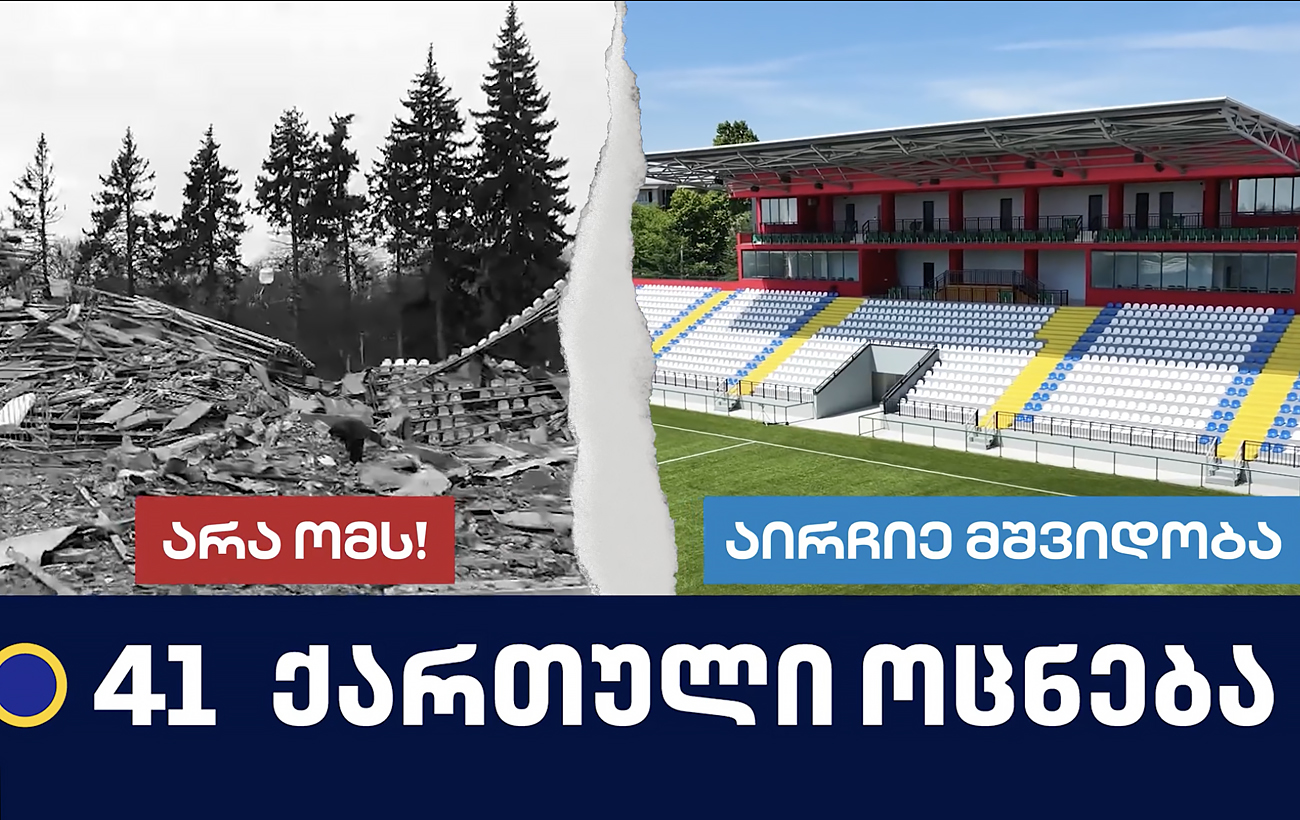Europe or Russia: What to expect from the parliamentary elections in Georgia? Is a revolution on the horizon?
Tomorrow, October 26, parliamentary elections will be held in Georgia, determining the country's direction: towards the West or towards Russia. For insights on how the campaign is proceeding, the ratings of the main parties, and whether mass protests will be successful after the elections, read the article by RBC-Ukraine journalist Roman Kot.
CONTENT
These parliamentary elections in Georgia represent another significant milestone in the country's history, crucial not only for Georgia but also for Ukraine. Even before Russia's full-scale invasion in 2022, Ukraine, Moldova, and Georgia established the "Eurointegration Trio."
This cooperation format is aimed at collectively moving towards European Union membership. The process with Ukraine is progressing relatively quickly by European bureaucratic standards. Moldova faces its own challenges, as it barely managed to secure a pro-European course in a referendum.
Georgia, on the other hand, has regressed. Since 2012, the ruling party "Georgian Dream" has tightened its grip and taken more steps towards Russia than Europe, while formally not abandoning its European aspirations. This has resulted in trade with the aggressor state, a refusal to impose sanctions against Russia, and other uncomfortable realities for Ukraine, including openly anti-Ukrainian rhetoric from official Tbilisi.
Not everyone in the country is satisfied with this situation. Georgia has been regularly engulfed by pro-European protests, and many Georgians have personally gone abroad to defend Ukraine against Russian aggression. Despite this, "Georgian Dream" has still found ways to maintain its grip on power, and in these elections, it plans to make that grip absolute.
More than just elections
For both the government and the opposition, the stakes in these elections are very high. In mid-September, the de facto leader of "Georgian Dream," oligarch Bidzina Ivanishvili, stated that his party's goal in the elections is to secure a constitutional majority. This majority is needed to outlaw several opposition parties, particularly the "United National Movement," founded by ex-President Mikheil Saakashvili.
Following this, according to Ivanishvili, "Georgian Dream" plans to apologize to the Kremlin for the 2008 war, no matter how outrageous that may sound. Recall that Russia invaded Georgia and occupied two of its regions: Abkhazia and South Ossetia.
 Bidzina Ivanishvili at a rally (photo: Getty Images)
Bidzina Ivanishvili at a rally (photo: Getty Images)
The constitutional majority, the government insists, is also necessary for "restoring territorial integrity peacefully." Opposition media in Georgia speculate that this refers to a confederal model—a union of several independent states, requiring Georgia to recognize the independence of Abkhazia and South Ossetia. Currently, these regions are defined as autonomous in Georgia's constitution.
Essentially, this is the model that the Kremlin unsuccessfully tried to impose on Ukraine through the Minsk agreements. The key aspect is that, through puppets from South Ossetia and Abkhazia, Russia could obstruct Georgia's path to the EU and NATO.
The opposition's task in these elections is to thwart such a scenario and steer Georgia back towards a European course.
The government bets on fear
According to a study by the British company SAVANTA, "Georgian Dream" has the support of 35% of the population. However, the four main pro-European opposition blocs together can count on 52%. Among them, "Coalition for Change" – 19%, "Unity" (based on the National Movement) – 16%, "Strong Georgia" – 9%, "Gakharia – For Georgia" – 8%.
At the same time, a GORBI poll commissioned by the pro-government TV company "Imedi" gives "Georgian Dream" 60.2%, just enough for a constitutional majority. The opposition views such polls as groundwork for large-scale falsifications.
However, "Georgian Dream" plans to win the elections not only through manipulation. Administrative resources and influence over public sector workers have not disappeared either.
Meanwhile, "Georgian Dream" and Ivanishvili, in keeping with the old habits of authoritarian regimes, are trying to rally their electorate against external and internal "enemies." In Georgia's case, they have invented a mythical "party of global war." According to the Georgian authorities, these are the forces in Western countries that want to "drag Georgia into war" and "open a second front" against Russia.
According to Georgian political analyst Gela Vasadze, this message implies that as long as "Georgian Dream" is in power, Georgia will not go to war. But if they lose the elections, then the terrifying "party of global war" will seize power, and there will inevitably be a war like that in Ukraine.
"This is a very primitive, yet quite effective move. Because, of course, no voter believes that Georgia will attack Russia or that there will be any 'global party of war.' But everyone believes in another thing—that Russia could attack Georgia, and the trauma of 2008 has not gone away," Vasadze noted.
He stated that the Kremlin lacks the capacity to attack Georgia, as all resources are directed against Ukraine. However, "the fear of war affects people with vulnerable psyches and basic education."
In this context, the propaganda posters commissioned by "Georgian Dream" are telling. They compare images of war-destroyed Ukrainian cities with peaceful life in Georgia. The captions on the banners urge people to "say no to war" and "choose peace."
"A contingent of Russian political technologists has arrived, including those of Georgian descent, advising 'Georgian Dream,' and they came up with such advertising. But this has the opposite effect. No one is buying it," commented political science doctor and OPAD external policy research center expert Vakhtang Maisaya in an interview with the RBC-Ukraine YouTube channel.
What the opposition offers
The opposition's strategy focuses on mobilizing the maximum number of pro-European citizens in Georgia for the elections. Throughout the election campaign, large-scale rallies with tens of thousands of participants are taking place across the country.
"I believe that there will be a significant mobilization of pro-European forces on October 26, similar to what happened in Moldova, where the situation changed at the last moment. People supporting Eurointegration and a pro-European course will come out in large numbers," Maisaya is convinced.
At the same time, the opposition has not managed to form a united bloc. According to Gela Vasadze, this creates a risk that the authorities may lure one of the parties to their side in the future.
 An example of a campaign banner. The left caption reads "No to War!". The right reads "Choose Peace". At the bottom – "41 Georgian Dream".
An example of a campaign banner. The left caption reads "No to War!". The right reads "Choose Peace". At the bottom – "41 Georgian Dream".
Importantly, President of Georgia Salome Zourabichvili is actively supporting the opposition. Earlier this year, under her mediation, opposition parties signed the "Georgian Charter."
This is a common action plan following victory in the elections. It stipulates that pro-European parties will agree to form a temporary government, carry out reforms, and return the country to the European path. A year later, the signatories of the charter are to relinquish their mandates to hold another parliamentary election, competing against each other. Zourabichvili already has a candidate for Prime Minister, who does not represent any opposition party. However, their name will be announced after the elections.
The opposition also has ideas on how to combat falsifications. The main focus is on observers. Fortunately, in today’s world, where everyone has a smartphone, it is easier than before.
"We have prepared 4,000 volunteers who will assist international and national observers in monitoring to ensure that the elections are not falsified," Maisaya noted.
Will there be a revolution after the elections
The Georgian authorities have been systematically "tightening the screws" for several years. One of the most resonant measures was the law on "Transparency of Foreign Influence," reminiscent of Russia's law on foreign agents. This sparked protests across Georgia, which, however, eventually died down. According to Maisaya, the law creates a legal basis for initiating repressions if necessary.
A reason for repression may arise immediately after the elections, as it is unlikely that they will end peacefully this time.
"I believe that after the elections, there will be a significant political crisis in Georgia, because there will be two voting results. One will show a victory for 'Georgian